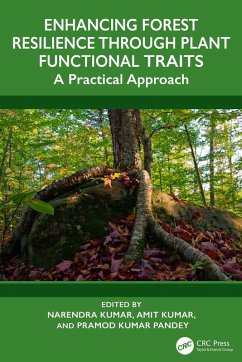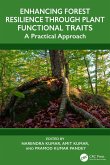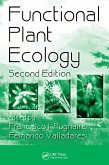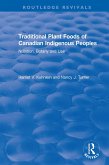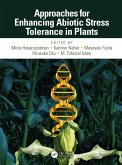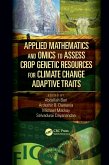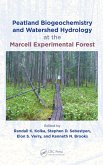Key Features:
· A comprehensive overview of the latest advancements in plant functional traits and their role in forest resilience.
· Detailed explanations of the anatomical, physiological, and genetic aspects of plant functional traits, emphasizing their importance in tree growth and adaptation.
· Insights into how functional traits influence nutrient cycling, carbon sequestration, soil interactions, and responses to environmental stressors like drought and climate change.
· Discussion of modern tools and methodologies in trait-based research, along with future directions for integrating functional traits into forest management strategies.
· Practical applications of functional traits in conservation, biodiversity management, and sustainable forest management to enhance ecosystem resilience.
This book serves as a valuable reference for researchers and academicians studying species composition within forest ecosystems and exploring ways to enhance forest resilience in the context of climate change. It is also suitable as a textbook for graduate, postgraduate, and Ph.D. students in fields such as agriculture, botany, plant physiology, forestry, biotechnology, environmental science, and agroforestry.
Dieser Download kann aus rechtlichen Gründen nur mit Rechnungsadresse in A, B, BG, CY, CZ, D, DK, EW, E, FIN, F, GR, HR, H, IRL, I, LT, L, LR, M, NL, PL, P, R, S, SLO, SK ausgeliefert werden.

